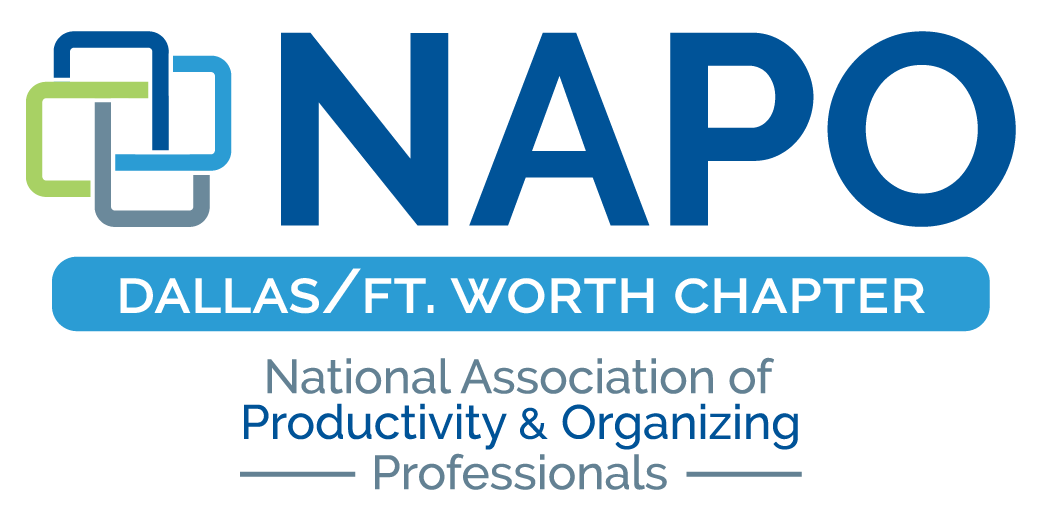- Home
- Become A Member
- FAQs - Starting a Career
Are You Thinking About Becoming a Professional Organizer or a Productivity Consultant?Q1. What is the difference between a professional organizer and a productivity consultant? Q4. Can I make a living being a professional organizer/productivity consultant? Q5. How do I get hands-on experience before I start taking clients? Q6. Do all organizing and productivity professionals do the same thing? Q7. Are there any rules or guidelines for professional organizers/productivity consultants? Q8. How do I find out more about becoming a professional organizer/productivity consultant? Q1. What is the difference between a professional organizer and a productivity consultant?NAPO defines professional organizer and productivity consultant as follows:
Q2. I've always been an organized person and people constantly comment on my organizing abilities. Does this mean I will be a good professional organizer?While being organized is a definite asset, what works for you personally might not necessarily work for the client. The critical skill that a professional organizer must have is the ability to create customized organizing solutions that work for the client. If you are not sure you want to become a professional organizer or productivity consultant, you should consider taking the following courses from NAPO University.
Q3. Are there other classes I can take to learn how to be a professional organizer/productivity consultant?Yes, two resources include NAPO and ICD.
Q4. Can I make a living being a professional organizer/productivity consultant?Public awareness of the organizing and productivity industry is increasing and stimulating the demand for these professionals. As in any service profession, there are many variables involved in the success of a business. Your marketing efforts, your skill level, the amount of time you devote to it, and even your geographical area can affect your business. Q5. How do I get hands-on experience before I start taking clients?Try your skills on your own home or office. Contact relatives, friends, and colleagues and offer your services in projects such as closets, home offices, time management, or any area needing help. Request an honest assessment of your work. You might also ask a seasoned professional if you can accompany them on a large project to observe. Q6. Do all organizing and productivity professionals do the same thing?Organizing and productivity professionals can assist clients with home office organization, time management, corporate efficiency, specialty projects (from organizing photos to cataloging inventories), virtual organizing, working with hoarding and chronically disorganized clients, downsizing, and moving and relocation. There are virtually no limits when it comes to what you can pursue within this profession. Q7. Are there any rules or guidelines for professional organizers/productivity consultants?Many organizing and productivity consultants are also independent business owners, and there are no specific regulations or rules in the organizing profession. What sets NAPO-DFW members apart is that they agree to uphold NAPO's Code of Ethics, which establishes guidelines for professional conduct with our clients and with other industry members. Beyond fundamental professional ethics, creating your own professional focus and methodology comes from training, experience, and education. Q8. How do I find out more about becoming a professional organizer/productivity consultant?Contact NAPO Membership and do research online about the industry. You will also want to research how to establish a small business. Visit a chapter meeting at NAPO-DFW to discover what our professionals are doing. Q9. Why join NAPO-DFW?Membership allows you to exchange ideas and information with other members and adds to your credibility as a professional in this field. See benefits of membership for a list of all the benefits. |

